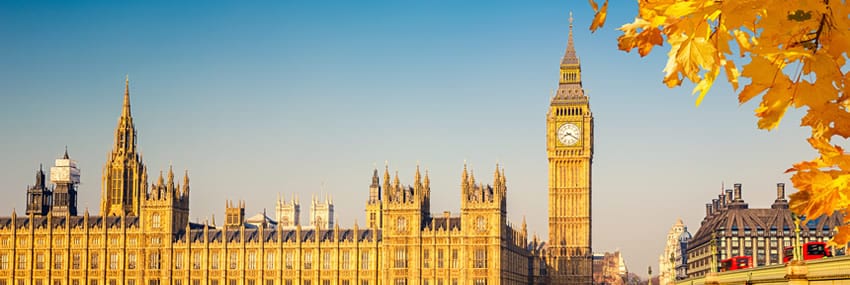With plans for an Autumn 2020 Budget cancelled, today the Chancellor announced his Winter Economy Plan. In it, he outlined how the various government support schemes to help businesses through the coronavirus restrictions will be extended or reshaped.
Update: details below regarding the Job Support Scheme have been superseded by the Chancellor’s announcements in October and November. Please see our latest updates page for current information.
Job Support Scheme
The most headline-grabbing announcement was the introduction of the new Job Support Scheme (JSS), which will come into effect on 1 November after the Coronavirus Job Retention Scheme (CJRS) ends. Under JSS, which will last for six months, employees who work at least 33% of their hours will be paid for two-thirds of the hours they do not work, shared equally between the employer and the government. The goal is to protect viable jobs in businesses that are facing lower demand over the winter months due to coronavirus.
JSS was never meant to replace, or represent an extension of, CJRS. Indeed, employers who did not take advantage of CJRS would still be eligible for JSS. More broadly, the measures announced in the Winter Economy Plan were never going to be as generous as the raft of packages announced at the start of the lockdown; partly because the government cannot afford to continue supporting the economy in the same way, and partly because we are not in a full-scale UK lockdown – where localised lockdowns don’t apply, shops, pubs and restaurants, for example, remain open, albeit with reduced opening hours.
Pubs, restaurants and perhaps airlines may have been in Rishi Sunak’s mind when he created JSS because their workers will certainly be working reduced hours. So the scheme aims to allow businesses to retain employees during periods of lower demand whilst at the same time making up most of the employees’ wages. Some employers, however, will feel that it will cost them up to 133% of the usual hourly rate of each productive hour worked by employees and so are, in effect, being incentivised to reduce the overall number of employees rather than retaining all employees working fewer hours (though of course, they would then not be eligible for the £1,000 grant per furloughed employee still employed on 31 January 2021). It is also conceivable that some businesses will struggle so much under the weight of paying 33% of employees’ wages for the time they’re not working that they could be pushed into some form of insolvency.
Time will tell how successful the Job Support Scheme will prove to be. It may not be perfect, but we welcome the Chancellor’s intentions.
Other measures
Some other measures announced today include:
- The extension of Coronavirus Business Interruption Loan Scheme (CBILS) and Bounce Back Loan Scheme (BBLS) loans from six to ten years.
- BBLS loans will become known as “Pay as You Grow” – businesses will enjoy a flexible repayment system which will include interest-only periods of up to six months and payment holidays.
- Applications for new loans under BBLS, CBILS, the Coronavirus Large Business Interruption Loan Scheme and the Future Fund remain open till the end of November 2020.
- Businesses that deferred a quarterly VAT repayment during the lockdown previously had to pay this back by 31 March 2021 – now they will be able to spread this over 11 months during 2021/22.
- Individuals who deferred their July 2020 self-assessment tax liabilities till January 2021 will now not need to pay that, nor liabilities that will become due in January 2021, till January 2022.
- The VAT reduction to 5% for the hospitality sector will remain in place till 31 March 2021.
- The Self-Employment Income Support Scheme has been extended by six months. One grant, covering November 2020 to January 2021, will pay 20% of monthly profit, capped at £1,875. A second grant will cover February 2021 to April 2021.
If you would like specific guidance, we’d be pleased to help: please get in touch with your usual BKL contact or use our enquiry form.


